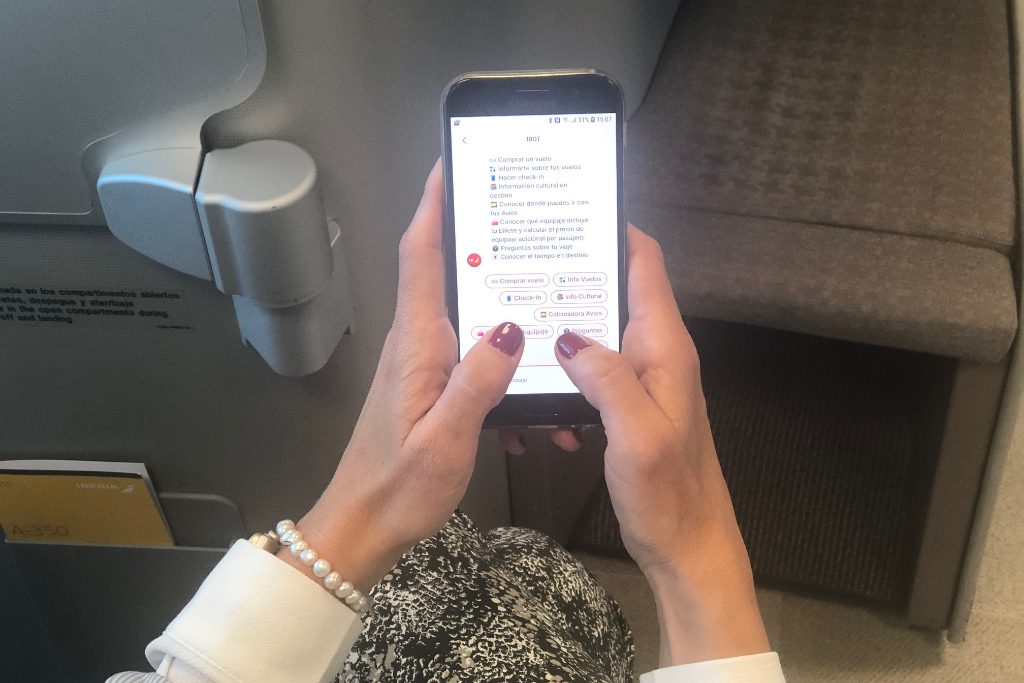Accor Backs Chatbot Tech Builder Mindsay in $10 Million Funding Round

Skift Take
The funding of French startup Mindsay may be small news. But interviews with its customers Iberia and CWT suggest that a second wave of chatbot technology has stopped frustrating travelers with as many misunderstandings as the earlier tech did. That's a big deal for the sector.
Accor and Paris Aeroports have participated in a $10 million Series A fundraising for the Paris-based chatbot maker Mindsay, the companies said Wednesday. Venture firm White Star Capital led the round.
Accor and Paris Aeroports are customers of Mindsay, which rebranded itself Wednesday from Destygo.
"Two years ago, Accor spotted Mindsay as a company that was way ahead of the curve in conversational marketing," said Thibault Viort, CEO of new businesses at Accor, adding that the startup's recent growth in the travel sector justified additional funding.
Chatbots aren't new, though. As early as 2008 some airlines and railways began using virtual assistants for their websites or, more recently, via platforms like Facebook Messenger and WeChat.
However, the technology used to have more flaws.
"Customers used to be frustrated that they would have to closely match the handful of phrases a bot knew or else they wouldn't get useful responses," said Patrice Simon, chief technology officer of CWT, the U.S.-based travel management company f

